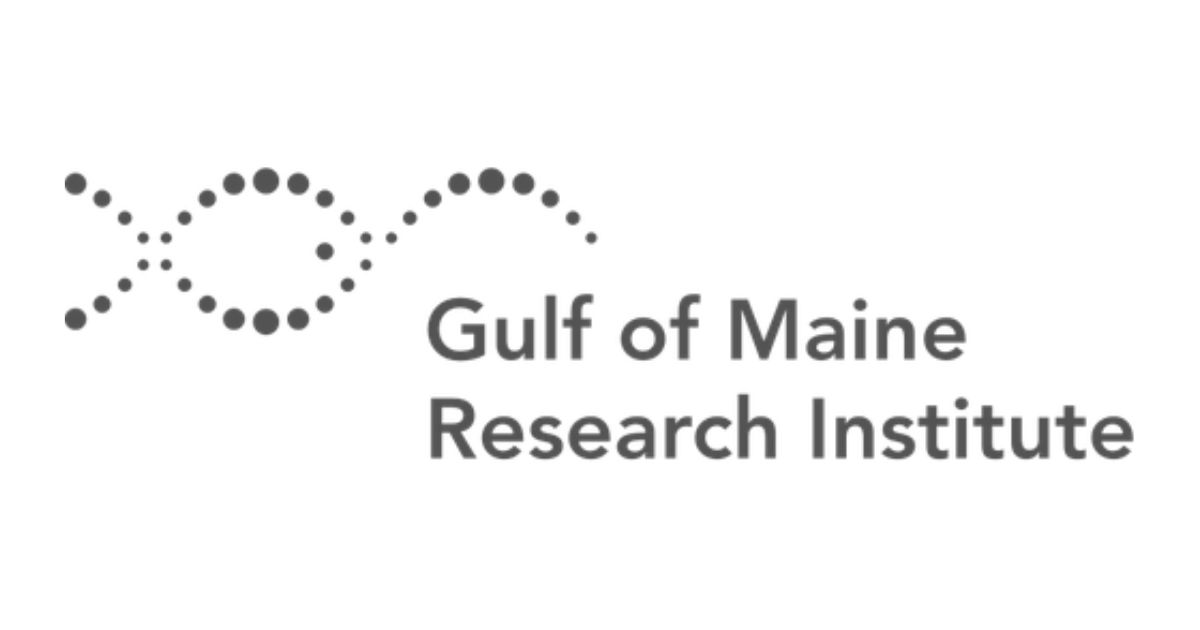The Gulf of Maine Research Institute (GMRI) develops and delivers collaborative solutions to global ocean challenges.
We are dedicated to the resilience of the Gulf of Maine ecosystem and the communities that depend on it. To learn more, visit gmri.org.
GMRI is seeking qualified candidates to establish a new research group that investigates climate-zooplankton-upper trophic interactions across spatial and temporal scales in the Gulf of Maine and adjacent Large Marine Ecosystems. The successful candidate will have experience with: (a) field-based experimental design and data collection, (b) in-lab analytical approaches, and (c) zooplankton modeling and forecasting to examine temporal and spatial variability in distribution, community structure, and ecology, with a focus on how these are affected by climate change, ecosystem conditions, and anthropogenic stressors. A strong quantitative background in, and technical knowledge of, zooplankton biology and ecology is preferred.
The incumbent will serve as a Principal Investigator responsible for developing a comprehensive research laboratory and providing guidance, training, and mentoring of 3-4 team members whose work emphasis is biological oceanography, zooplankton community dynamics, and zooplankton as prey for invertebrates, fishes, birds, and marine mammals in North Atlantic waters. The incumbent must be able to effectively communicate results to state and federal resource managers, the scientific community, industry stakeholders, and the public via oral presentations, written reports, and peer-reviewed publications.
The incumbent will work collaboratively with physical oceanographers, coastal ecologists, fisheries scientists, climate-ecosystem researchers, and socio-economic scientists to apply results to fisheries management, natural and social ecosystem assessments, and marine and coastal businesses throughout the regional Blue Economy. The incumbent will play a critical role in: 1) improving our understanding of the mechanistic relationships between zooplankton distribution, production, and community dynamics to fisheries recruitment and upper trophic level population variability; 2) determining the mechanisms that relate physical oceanography, primary producers, and zooplankton; 3) the role of top-down dynamics on plankton productivity, and 4) assessing the magnitude and direction of the response of Gulf of Maine and North Atlantic zooplankton communities to drivers of climate change.
Responsibilities/Tasks:
Conduct high-impact, independent scientific research in the fields of biological oceanography, zooplankton ecology, lower trophic dynamics, and/or lower trophic energy flow to understand food web dynamics, fisheries ecology, ecosystem functioning, and/or climate-related changes to these interactions Develop scientific priorities in lower trophic ecology in response to emerging marine resource and environmental challenges and opportunities, and in alignment with the mission and strategic plan of GMRI Develop innovative methodologies (field, laboratory, modeling) for examining, quantifying, and predicting zooplankton dynamics in coastal and marine systems Contribute lower trophic understanding to the modeling of fisheries and ecosystems Support, guide, and lead large-scale, successful research proposals in biological oceanography, marine ecology, fisheries, and marine ecosystems science that foster interdisciplinary collaboration across GMRI and with external collaborators (Federal, State, Academic, non-profit) Communicate research results to scientific, management, stakeholder, and public audiences through peer-reviewed papers, presentations, and other media Serve in leadership capacities on local, state, regional, national, and international scientific councils in the ocean/climate/biological oceanography domains Interact with internal groups and external partners to identify ways of improving, advancing, and better integrating work on climate change impacts, adaptation, and resilience to enhance and extend impact Occasional domestic or international travel to meetings, workshops, and scientific conferences Participate in GMRI Communications and Development activities, as appropriate.
Requirements
Required Qualifications:
- Doctoral degree in biological oceanography, zooplankton ecology, lower trophic dynamics, or a related field
- Research expertise in climate-ecosystem dynamics and effects of lower trophic forcing on marine fisheries
- Knowledge of climate-zooplankton effects on lower trophic community risk, vulnerability, adaptation, mitigation, and resilience
- Prior experience working in collaborative settings with scientists, natural resource-based industry or business stakeholders, natural resource managers, and/or community members
- Strong written and oral communication skills, including a robust record of publication in the peer-reviewed literature
- Demonstrated ability to work independently, lead a group of junior and early career scientists, and contribute as part of a larger, cross-organizational, collaborative team
- Excellent time management and organizational skills to manage multiple tasks and timelines
- Fluent in English
- Eligible to work in the United States
Preferred Qualifications:
- Prior experience working on cross-disciplinary projects as part of multi-institutional collaboration teams
- Prior experience in successfully securing competitively-awarded research funding
- Experience with a range of scientific approaches—field-based data collection, laboratory analyses, and computational modeling
- Experience in time series analyses and the development of indicators and metrics
- Experience integrating lower trophic data with data from other sources, including satellites, moored arrays, and shipboard, oceanographic sampling
- Experience developing and communicating scientific results through novel, compelling approaches to data visualization.
This position is a full-time (100% FTE), 9-month salaried position located in Portland, ME, USA at the Gulf of Maine Research Institute. The successful candidate will function as part of an interdisciplinary research program focusing on climate, physical, biological, and socio-economic factors that affect fisheries and the coastal communities that depend on the regional Blue Economy for their livelihoods and well-being.
Salary and Benefits:
Gulf of Maine Research Institute offers a competitive salary and benefits package.
Salary: $90,000 – $120,000





